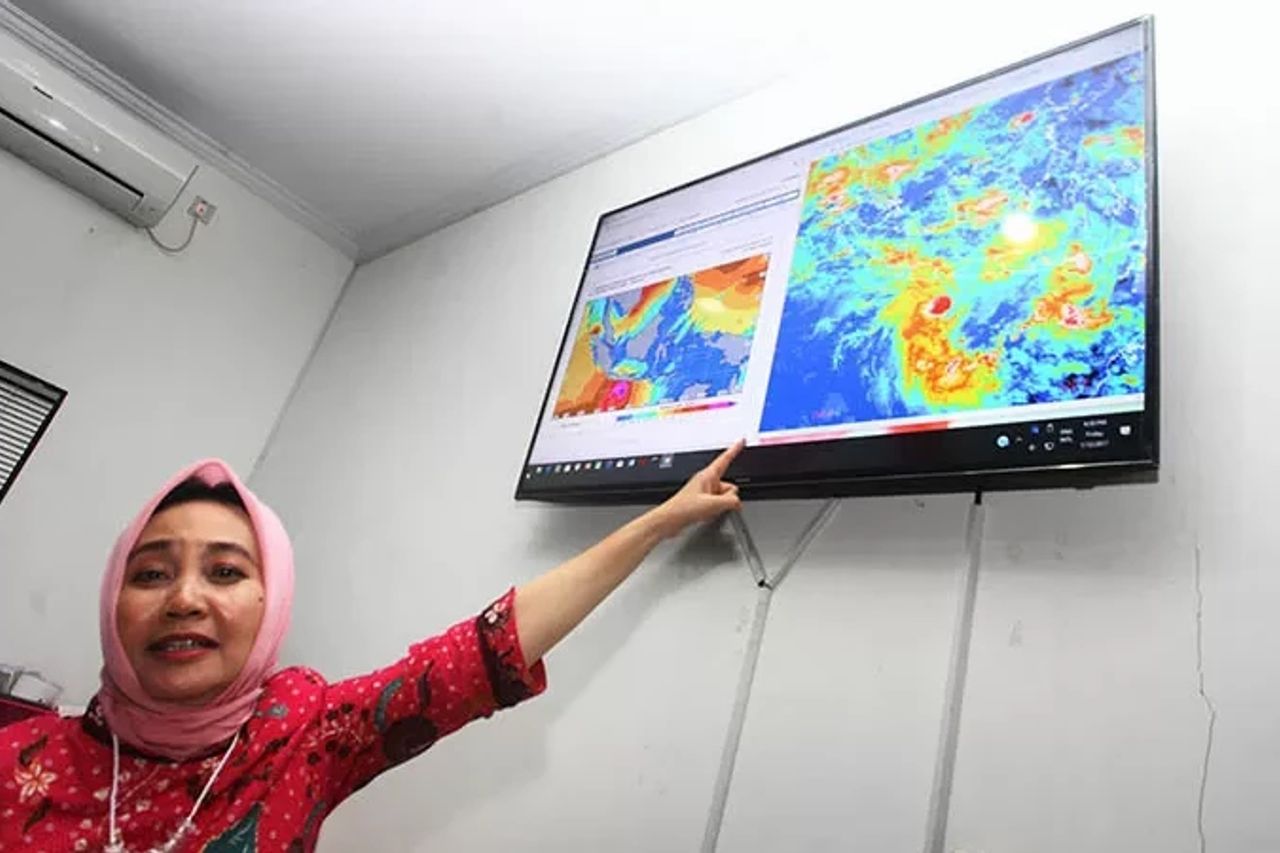BMKG: Don't Care About Developed Or Developing Countries, Water Crisis Is Related To Food Security

JAKARTA - The Meteorology, Climatology and Geophysics Agency (BMKG) said that food is one of the sectors affected by global climate change.
"So the issue is that apart from rising sea levels, the land is getting narrower, food is decreasing," said BMKG Head Dwikorita Karnawati at the 'National Dialogue on Anticipation of Climate Change Impacts for the Development of Golden Indonesia 2045' in Jakarta, Monday, August 21, which was confiscated by Antara.
He revealed that in 2050 it is predicted that the world will experience an increase in vulnerability to food stocks, including Indonesia.
"And FAO (Food and Agriculture Organization) predicts that more than 500 million small-scale farmers who produce 80 percent of the world's food stocks are the most vulnerable to climate change," he said.
He added that the food vulnerability could not be separated from the increase in global temperatures which eventually put additional pressure on water resources, resulting in water hotspots or water crises.
"No matter developed or developing countries, this water crisis is related to food security," he said.
In Indonesia, he said, the trend of the average annual temperature for the 1951-2021 period has increased by 0.15 degrees Celsius per 10 years.
"The impact is on the trend of rainfall, so the frequency of extreme events is getting more and more frequent with high intensity," he said.
He said that currently the increase reached 1.2 degrees Celsius, higher than the previous industrial revolution.
"The extreme incident is increasingly extreme. If there is no mitigation, the increase could reach 3.5 degrees Celsius. That means how many times from now on, extreme conditions may have become a new normal," he said.
He said that if mitigation was not carried out, the increase in temperature would have a major impact on all major islands in the country.
SEE ALSO:
On the same occasion, Minister of National Development Planning/National Development Planning Agency (PPN/Bappenas) Suharso Monoarfa said that in the agricultural sector, climate change will cause a short repeat period of climate variation, one of which is the El Nino cycle, which should occur in 3-7 years to 2-5 years.
"BMKG has appealed to El Nino's phenomenon to be long enough until the end of December, and needs to mitigate the scarcity of water, forest and land fires, as well as, decreased food productivity," he said.
Climate change, he continued, also makes it difficult to grow time due to the initial shift in rain.
He stated that the development strategy for climate resilience in the agricultural sector is the implementation of smart agriculture, the development of quality and competitiveness of local human resources, strengthening System Rice Intensification (SRI), implementing adaptive and low-carbon agriculture, and modernizing new varieties of adaptive drought.
"This policy direction is a guideline for infrastructure and regional development," he said.

